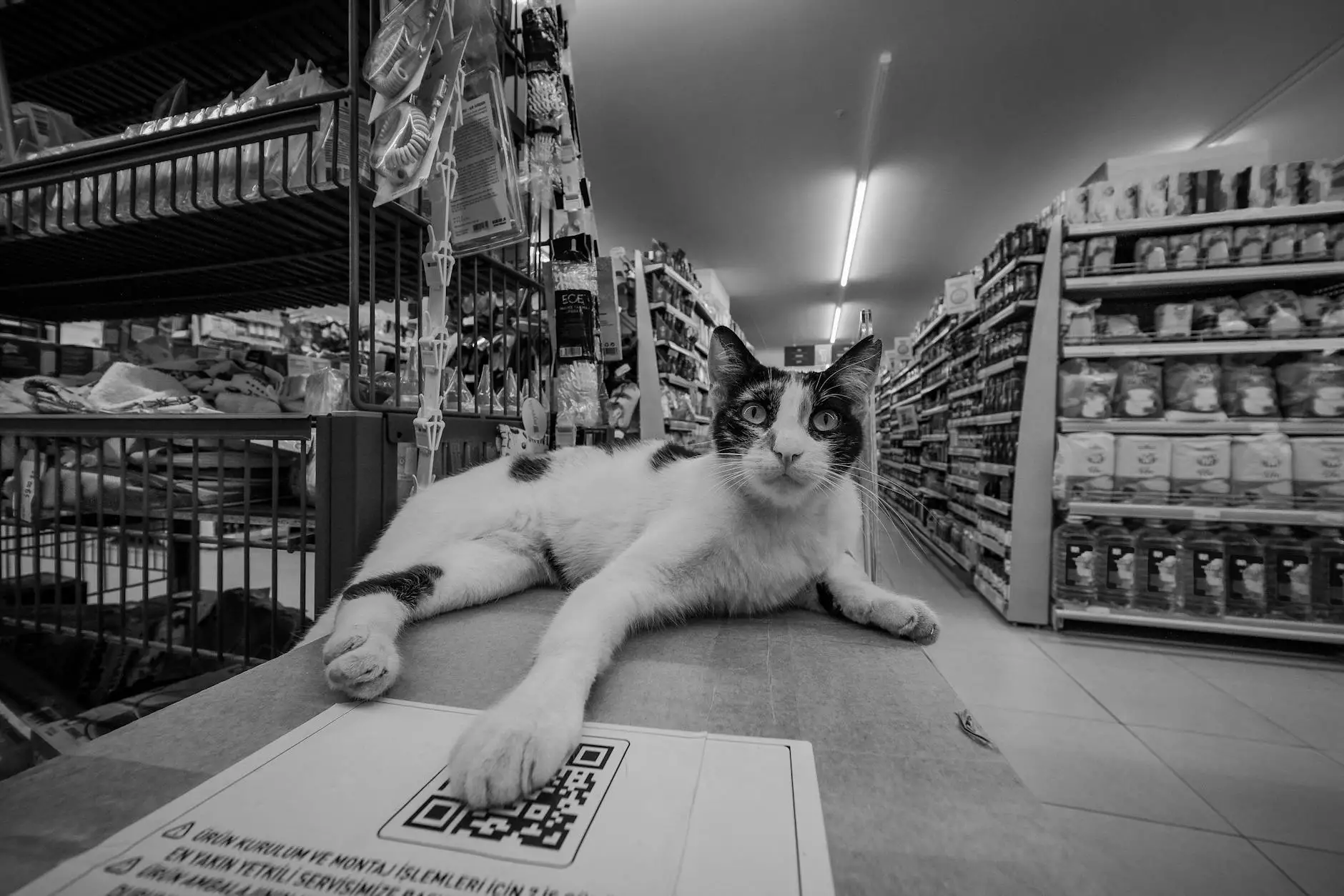Transforming Agriculture with Agro Drones: A New Era in Farming

In recent years, the agricultural industry has seen a remarkable transformation, thanks largely to advancements in technology. Among the most notable innovations is the agro drone, a powerful tool that is reshaping how farmers approach crop management and overall farm efficiency. This article delves into the various aspects of agro drones, including their functionality, benefits, and the future of agriculture with these aerial machines.
What Are Agro Drones?
Agro drones are unmanned aerial vehicles designed specifically for agricultural applications. Unlike traditional drones, these specialized devices are equipped with advanced sensors, imaging technology, and software that enable farmers to monitor crop health, assess soil conditions, and even manage irrigation systems. The following key features distinguish agro drones from regular drones:
- Precision Agriculture: Agro drones provide high-resolution imagery and data analysis, allowing farmers to make informed decisions based on precise information.
- Real-Time Monitoring: With the ability to fly over vast fields, agro drones can offer real-time insights into crop health, mapping areas that require attention.
- Automated Operations: Many agro drones come with automated flight planning software that allows for scheduled flights and specific route mapping.
Benefits of Using Agro Drones in Agriculture
The integration of agro drones into farming practices offers numerous benefits that contribute to increased productivity and sustainability. Here are some of the most significant advantages:
1. Enhanced Crop Management
Agro drones enable farmers to monitor their fields meticulously. Using multispectral imaging, farmers can identify areas of stress in crops that may not be visible to the naked eye. This early detection allows for targeted interventions, ultimately enhancing crop yields.
2. Cost Efficiency
By deploying agro drones, farmers can significantly reduce costs associated with traditional farming methods. For instance, aerial imaging can replace time-consuming ground surveys, saving labor costs and time while covering more ground than ever before.
3. Environmental Sustainability
The ease of monitoring and managing agricultural practices with agro drones promotes sustainable farming. By applying fertilizers and pesticides only where needed, farmers minimize chemical runoff and reduce their environmental impact.
4. Increased Productivity
Agro drones allow for rapid data collection and analysis. Farmers can base their decisions on up-to-date information, leading to improved crop management strategies that enhance overall productivity.
5. Improved Irrigation Management
With the capability to map soil moisture levels, agro drones help farmers optimize irrigation practices. This not only conserves water resources but also ensures crops receive the appropriate amount of moisture needed for healthy growth.
Applications of Agro Drones in Farming
Agro drones can be used in various applications within the agricultural sector. Let's explore some of the key uses:
Crop Health Monitoring
One of the most common applications of agro drones is in crop health monitoring. Drones equipped with NDVI (Normalized Difference Vegetation Index) sensors can detect chlorophyll levels, indicating plant health. This data can help farmers implement timely interventions, such as nutrient application or pest control.
Field Mapping
Agro drones can create detailed maps of agricultural fields, showcasing variations in topography, soil nutrition, and moisture levels. This information is crucial for effective planning and resource allocation, ensuring optimal use of inputs.
Precision Spraying
Some agro drones are capable of precision spraying, allowing farmers to apply fertilizers and pesticides with incredible accuracy. This targeted approach reduces waste and minimizes the risk of damaging non-target crops or polluting nearby water sources.
Livestock Management
Apart from crop-related tasks, agro drones can also assist in livestock management. Drones can be used to monitor herds, assess grazing patterns, and even locate lost animals, thereby streamlining farm operations.
The Future of Agro Drones in Agriculture
The future of agriculture is undoubtedly intertwined with drone technology. As innovations continue to emerge, the following trends are expected to shape the future of agro drones:
1. Artificial Intelligence Integration
With the integration of AI, agro drones will become even more intelligent. Farmers will be able to analyze data collected by drones and receive tailored recommendations for their specific farm conditions, making decision-making more efficient.
2. Increased Autonomy
The development of highly autonomous drones capable of performing complex tasks without human intervention will enhance farming efficiency. This could lead to significant labor cost reductions and increased productivity.
3. Data Connectivity
As the Internet of Things (IoT) expands, agro drones will increasingly connect with other farm devices. This interconnected network will allow for seamless communication, leading to more comprehensive farm management solutions.
4. Regulatory Developments
With the rise of drone technology, regulatory parameters are evolving. Farmers must stay informed about regulations concerning drone usage for agricultural purposes, ensuring compliance while maximizing the benefits of agro drones.
Choosing the Right Agro Drone for Your Farm
Selecting the right agro drone for your agricultural needs is crucial for optimizing its benefits. Here are some considerations to keep in mind:
- Purpose: Define the primary applications you need the drone for. Whether it's crop monitoring or precision spraying, choose a drone that meets those specific requirements.
- Payload Capacity: Ensure the drone can carry the necessary sensors and equipment for your applications, such as cameras or sprayers.
- Flight Time: Consider the drone's battery life. Longer flight times enable larger areas to be covered in a single flight, improving efficiency.
- Software Compatibility: Look for drones that offer user-friendly software for data analysis and flight planning. This makes it easier to leverage the insights gained from your drone's data.
Conclusion
In conclusion, agro drones represent a significant advancement in agricultural technology, helping farmers improve crop management, reduce costs, and promote sustainability. As technology evolves and farmer adoption increases, the agricultural landscape is set to change dramatically. Investing in agro drones is not just a trend; it is becoming a necessity for farmers looking to thrive in a competitive and challenging environment. As we move forward, the synergy between agriculture and drone technology will pave the way for a more efficient, productive, and sustainable future.
For more information on integrating drone technology into your farming practices or to explore our range of agro drones, visit a-drones.com today!









